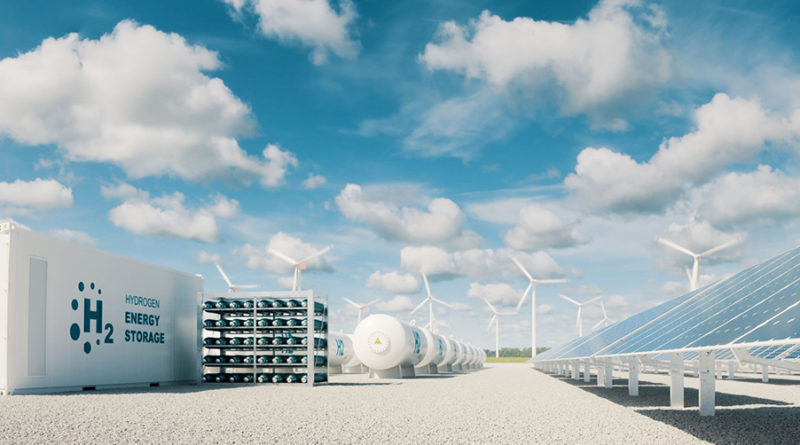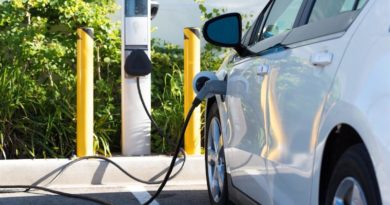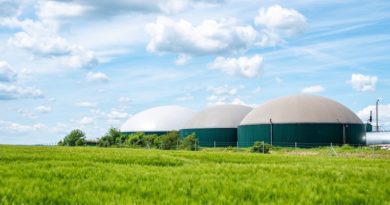
Act European, Think Global: A European Hydrogen Import Strategy
Hydrogen has found its way from a niche topic to the missing piece of the puzzle aiming at ensuring clean, secure and affordable energy in the EU. That is the good news. The bad news: We are not alone and the race is on.
All subscribers to the Paris Agreement with hard-to-abate sectors are in urgent need for solutions to decarbonize them by trying to ensure their share in an emerging global hydrogen economy with many uncertainties. TheEU, China, India, Japan, South Korea and Australia are among the frontrunners to promote clean hydrogen value chains. In 2017, Japan was the only country with a hydrogen strategy. Today, more than 30 countries have followed. On the supply side, Africa, the Americas, the Middle East and Oceania have the highest technical potential for renewable hydrogen production, but the ability to produce large volumes of low-cost green hydrogen varies significantly.
Our key challenge for the 2020s will be to scale-up the hydrogen economy as effective and quickly as possible while maintaining our position as technology leader. There is not only competition on the demand side, but our European electrolyser manufacturers are also facing strong global competition.
According to BloombergNEF, electrolyser sales are projected to quadruple this year, with China accounting for 62-66% of total demand, driven by state-owned, heavily subsidized enterprises keen to show compliance with national decarbonisation goals.
Learning from Mistakes
Hydrogen demand forecasts vary significantly and depend on potential gaps between production and demand in the EU and the total cost along the entire supply chain. In the meantime, there is an understanding that we need imports in the short and long term. The challenge lies in ensuring a diversification of our supply and, in case of partnerships with developing countries, ensuring a partnership of mutual benefit and in benefit of the climate of our planet.
As a trained diplomat, I am not getting tired of emphasising the utmost importance of energy and climate diplomacy. To me it seems slightly odd and “un-European” to witness national ministers racing to secure national fossil energy supply, leaving behind those Member States with weaker negotiating positions and financial means.
To me Ursula von der Leyen’s approach to secure LNG supplies to the entire Union seems to be smarter, that means asserting the EU’s purchasing power and the benefits of its internal market on the global market.
Energy imports need to become a key issue of the EU’s foreign and security policy. The fact that Commissioner Simson is travelling abroad to pave the way for cooperation is promising, but needs to be embedded in an overall strategy. Since the long-lasting war in the Ukraine, resilience and diversification are more important than ever.
Two days before the RePowerEU Communication was published, the Committee on Development of the European Parliament supported my call for a global import strategy for renewable electricity, RFNBOs and hydrogen.1 Taking example from the German H2Global mechanism, the Commission should examine the possibility to support imports from third countries by setting indicative import targets and by establishing a platform to auction long-term delivery contracts. Under RePowerEU, the EU increased its renewable hydrogen target to 10 million tonnes of annual domestic production and an additional 10 million tons of annual hydrogen imports and raised the prospect of establishing a joint platform for the purchase of hydrogen. From a general international dimension chapter under the EU Hydrogen Strategy to a possible joint platform in two years: Constant dripping wears away stone, but we need to move faster.
We need to send clear signals to materialize as many concrete projects as possible. Currently, the principle of additionality as well as other feed-in requirements under RED II are perceived as stumbling blocks by many investors.
The Commission needs to do its homework on standardisation and certification; our partner countries need clear requirements for the guidance on the recognition of guarantees of origins. Given the intense time pressure, I pledge for a transitional fast track procedure for voluntary schemes subject to a grandfathering clause.
Reduce Metal Dependencies
Diversification is key, not only for our direct energy supply, but also for the necessary technologies. Renewable energy technologies drive our demand in critical raw materials, and this applies to electrolysers, too. Alkaline, the most mature and commercial technology (and rapidly growing in China) might run into cost-pressure as it competes with battery technologies for nickel. Competition on nickel is also up for solid oxide electrolysis cells (SOECs), the least mature technology.
PEM, proton exchange membrane, represents the majority of current demonstration projects outside China, but relies on platinum and iridium, the latter being a bottleneck simply due to scarcity, but with promising innovation ahead to replace these critical materials altogether. This is why a diversification strategy has not only apply to hydrogen imports, but also to access to critical raw materials, both from primary and secondary sources.
Make It Work
All we need to do is to connect the dots – act together and think global. A quickly and efficiently implemented European global import strategy for hydrogen entails only advantages: We send clear signals to investors and partner countries, secure European and global increasing demand, ensure resilience through diversification, support our local partners in their own efforts towards climate neutrality and open new possibilities for our European hydrogen industry.
______________________________________________
1 https://www.europarl.europa.eu/doceo/document/DEVE-AD-719604_EN.pdf




